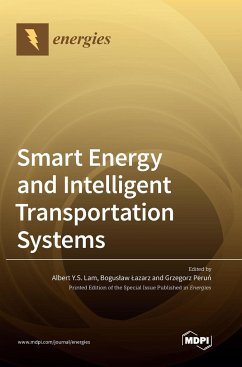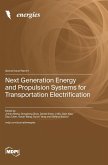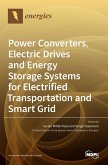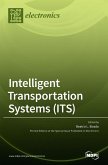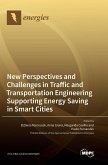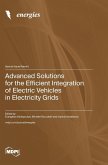With the Internet of Things and various information and communication technologies, a city can manage its assets in a smarter way, constituting the urban development vision of a smart city. This facilitates a more efficient use of physical infrastructure and encourages citizen participation. Smart energy and smart mobility are among the key aspects of the smart city, in which the electric vehicle (EV) is believed to take a key role. EVs are powered by various energy sources or the electricity grid. With proper scheduling, a large fleet of EVs can be charged from charging stations and parking infrastructures. Although the battery capacity of a single EV is small, an aggregation of EVs can perform as a significant power source or load, constituting a vehicle-to-grid (V2G) system. Besides acquiring energy from the grid, in V2G, EVs can also support the grid by providing various demand response and auxiliary services. Thanks to this, we can reduce our reliance on fossil fuels and utilize the renewable energy more effectively. This Special Issue "Smart Energy and Intelligent Transportation Systems" addresses existing knowledge gaps and advances smart energy and mobility. It consists of five peer-reviewed papers that cover a range of subjects and applications related to smart energy and transportation.
Hinweis: Dieser Artikel kann nur an eine deutsche Lieferadresse ausgeliefert werden.
Hinweis: Dieser Artikel kann nur an eine deutsche Lieferadresse ausgeliefert werden.

